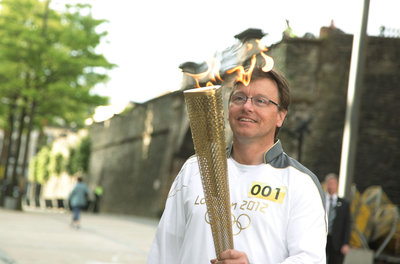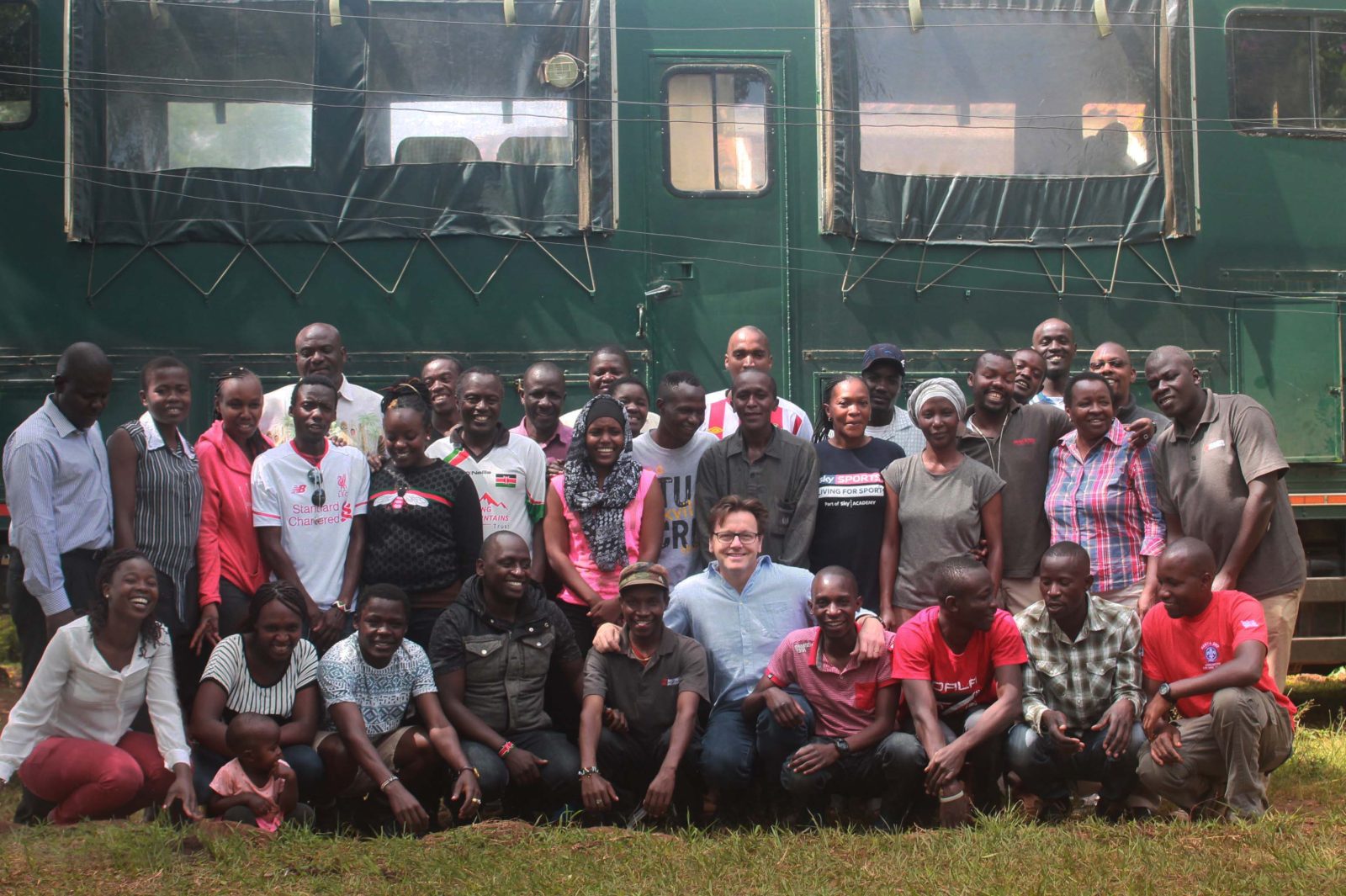
History of Moving Mountains Trust
Gavin Bate founded Moving Mountains Trust during many years of travel around the world from 1987 to 1998, mostly in developing countries and after spending considerable time living and working in Kenya and Nepal. The charity was formalised in 2001 and continues to provide thousands of beneficiaries with long term support.
The History of Moving Mountains
Gavin Bate founded Moving Mountains Trust after his experiences working and travelling in developing countries and especially in areas of conflict and poverty. In particular he was moved by the plight of countless children caught up desperate circumstances, for whom surviving every day seemed as hard as moving a mountain.
It was in Nepal and Kenya that he finally settled, re-visiting many times and finding like-minded people who would help set up the charity that became a lifelong commitment.
A solo expedition to walk across the Sahara Desert in 1987 led to further travels in Africa over many years, mostly by local transport, exploring and often working for overland companies and then after buying an ex-Army Bedford truck with a number of humanitarian agencies delivering aid to Ethiopia, Somalia and Rwanda. Home in those days was a ‘banda’ in the nearby forest next to the huge Kibera slum outside Nairobi.
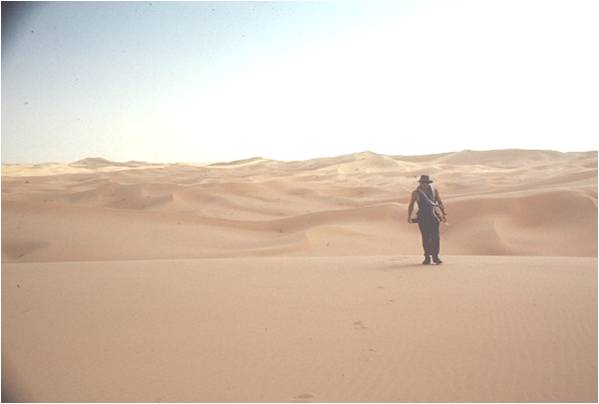
Walking across the Sahara Desert, Algeria (1987)
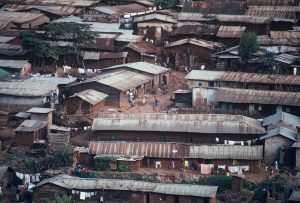
Kibera, Nairobi (1989)
This led to working ad hoc for national programmes to rehabilitate street children back to their families and into school and initiating a number of after-school clubs (reading, sports, hiking..) which were all part of an initiative to give these children safety, a sense of normality and consistency in their lives. It was a central aim of the charity to provide long term support all the way through childhood and into adulthood, which is a very unusual characteristic of development charities working in Africa.
Gavin also travelled and climbed extensively in Nepal and through his friendship with Ang Chhongba Sherpa he settled in a small village in the Solu Khumbu during the Maoist conflict which ended in 2006 and was hugely influenced by the issues facing those mountain communities, not least the impact on the children. Raising money to help rebuild several villages, Gavin eventually made six expeditions to climb Mount Everest between 2000 to 2011, all of them raising money for the charity. The money funded two schools, a hydro-electric power plant, a clinic, a community centre, two monasteries and many years of financial support for teachers.
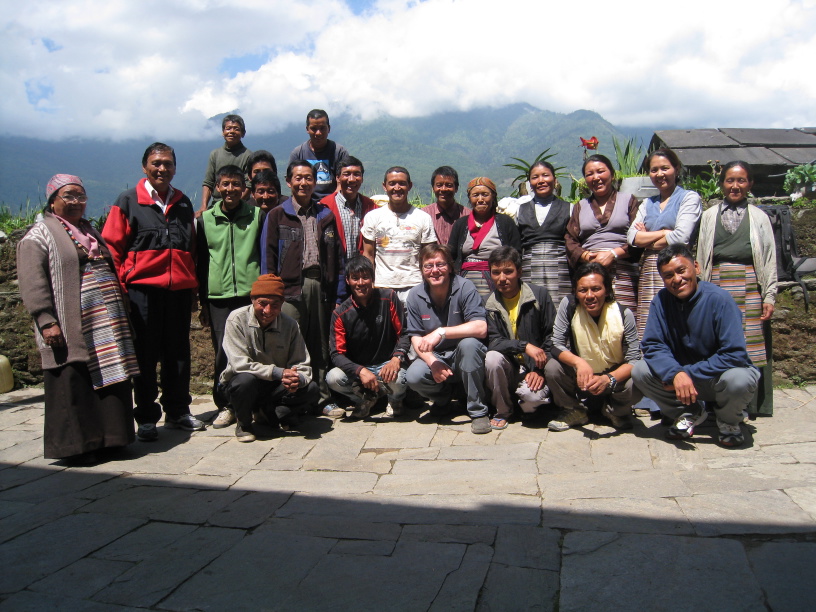
Gavin with the Sherpa community in Bumburi (1997)
Gavin wanted the name of Moving Mountains to reflect the overwhelming difficulties that many people face every day in their lives. It also reflects the difficulty of overcoming the dangers of stereotypes and complacency and inequality when it comes to development. Through his many years travelling and living in those communities, their resilience never failed to inspire him.
The priority was always to provide help which did not anonymize people and to provide a long term commitment to help people move mountains in their lives in order to become the architects of their own success and achieve their potential. This long term commitment has come about organically through being a part of those communities and decades of friendships.
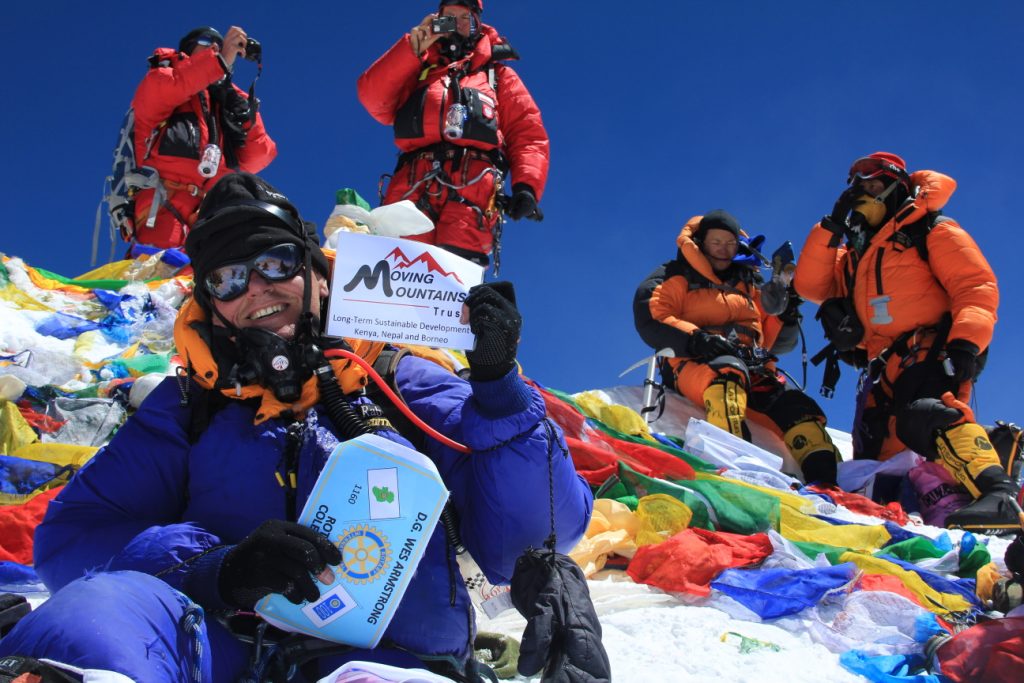
Gavin has used his expeditions to raise money and awareness of the charity. “If my adventures in climbing mountains can help some people move mountains in their lives, then they will all have been worthwhile endeavours”.
The six Everest expeditions raised around £2 million over eleven years. In 2001 the charity was registered in the UK and Gavin asked long time colleagues Christoper Little and Andrew MacDonald to become trustees. Over the years they have remained true to the values and ethos of the charity and there are now two other trustees involved, Susan Birkett and Dot King.
Nowadays the bulk of the fundraising comes from groups visiting the areas where we work to help support the programmes and get involved. Volunteers, medical students, school groups and fundraising teams now work alongside a very dedicated group of people who provide standing orders each month in order to keep the work of the charity going.
In 2025 Friends of Moving Mountains was registered in the USA as a 501(c)(3) non-profit, and an enthusiastic committee continue to help support the work of the charity with fundraising and donations.
MM Kenya and MM Nepal
Over time Gavin helped to set up local NGOs in Kenya and Nepal, run by local committees with whom there was a lot of trust.
“I wanted Moving Mountains to stand for something equitable, inspirational, and genuinely thoughtful in how it tackled social and economic issues” says Gavin, “we were never going to offer a glib response to complex issues, but attempt to learn and find solutions together. Choosing the right people to help me has been a journey in itself.”
In Kenya many former beneficiaries help to run a small but successful NGO based on honesty, trust and an understanding of what works in terms of long term development.
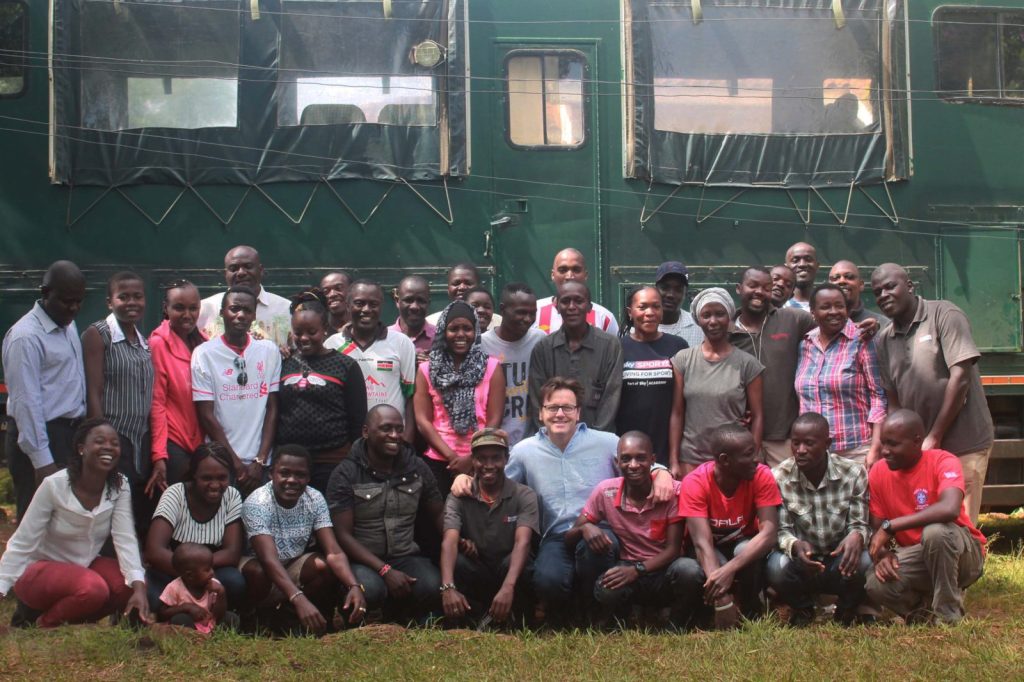
In Nepal the Sherpa friends that Gavin met in Bumburi and Bupsa during the Maoist conflict and who he then climbed Mount Everest with are still managing Moving Mountains Nepal. The work has transformed the region and brought about huge demographic change. Where before the villages were dying, now they attract new families looking for clean water supplies, electricity, good schools, a clinic, a monastery and a strong community.
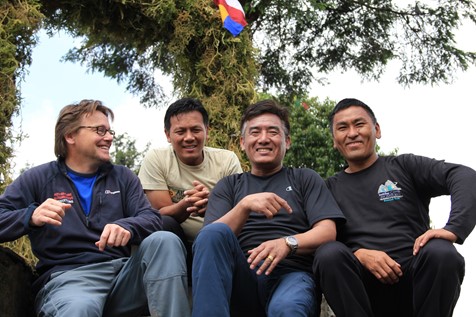
Gavin with Pasang Tendi, Geljun and Ang Chhongba who have all been managing MM Nepal since 2001. They still meet regularly in the villages.
In the mid 1990s the charity branched out into various other areas of work, including building a hospital in the Ukraine and also funding a tree planting project in the forests of Sarawak for seven years.
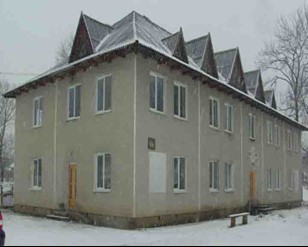
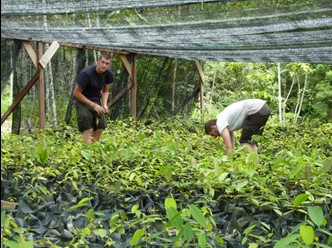
Left: For several years we funded the renovation of this hospital in south Ukraine, and bought an ambulance and equipment for the staff there.
Right: In Sarawak we funded the seed planting and transplanting of around 49,000 saplings into logged forest.
The charity is however still focused on child education and providing a holistic care to the family and community, and over the years Moving Mountains has built and renovated schools, a children’s home, funded feeding centres and early child development centres. It has supported many teachers, social workers, counsellors and professionals to help the child beneficiaries. In Nepal and in Kenya it is in many places the only source of support and employment for many such people.
In July 2012 Gavin was nominated to carry the Olympic Torch in recognition of all the good work that Moving Mountains has done over so many years. He was also given the Points of Light Award by British Prime Minister Theresa May.
